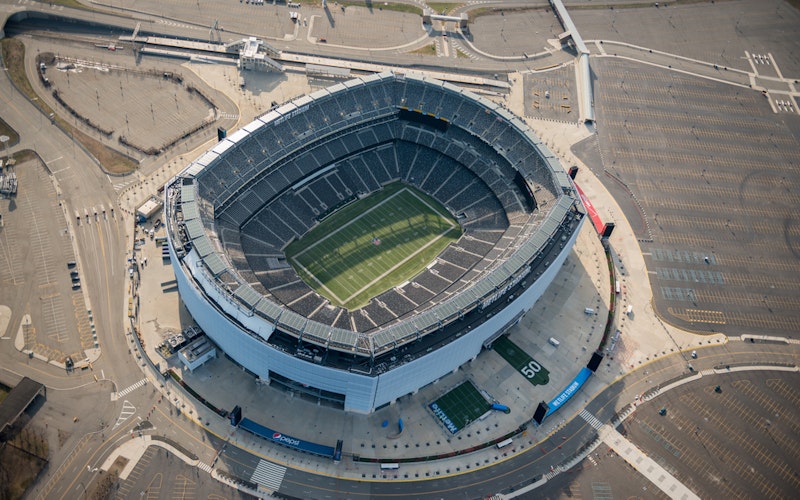
Arts & Leisure
NFL Ratings and Sabbath Rhythms
There has been a fair amount of speculation on why NFL ratings, usually consistently high, have fallen off in a fairly dramatic fashion this season. Some blame the Cubs’ World Series run, others point to Colin Kaepernick’s protests, and still others point to viewers preoccupied with the presidential election. One cause highlighted by Mark Cuban, owner of the NBA’s Dallas Mavericks, is oversaturation.
The case for oversaturation is a good one. A couple of years ago, the NFL added a Thursday night game each week, meaning that there are now three days a week with NFL games. When you add college football into the mix, the week gets even more crowded. Not only are there games from noon until after midnight on Saturday, but there are games on Friday, and even Tuesday and Wednesday on occasion. All this means that football has changed significantly over the past couple of decades, from a sport played solely on the weekend (with the exception of that special extension, Monday Night Football) to a sport played at least six days a week.
I think Cuban is on to something, yet I wonder if there is a deeper explanation than just oversaturation of the market. It seems to me that football, especially the NFL, has given up its special status as the sport most closely linked to a kind of Sabbath rhythm of work and rest. Baseball, with its 162 games, can be watched leisurely and followed daily, but it takes a lot of free time to actually watch every game of the season. Basketball and hockey games are not as frequent as baseball, but the erratic pattern of their schedules affords no clear rhythm to the fan base (and their seemingly endless playoffs aren’t exactly fan-friendly either).
What happens when we try to make play an everyday activity?
But football has always had a special aura precisely because of its rhythm and predictability. Like the Sabbath, it rolls around once a week; this is part of its quasi-religious appeal. In my part of Big Ten country, crisp fall Saturdays just feel like college football, and the faithful fans flock to “autumn’s cathedrals.” And though it may seem sacrilegious to strict Sabbatarians, Sundays are for me a rhythm of worship, a good nap, and afternoon football. The joy of Sabbath, as Eugene Peterson puts it, is that we set aside special time to pray and play.
But what happens when we try to make “play” an everyday activity? By trying to make football an everyday sport, the NFL risks losing something of its special place in the American sports landscape. As Shakespeare’s Prince Hal puts it, "If all the year were playing holidays / To sport would be as tedious as to work." In Take Time for Paradise, Bart Giamatti points out that work and play are not opposites, but come in a certain order—we work in order to play. We do the necessities of life in order to revel in the goodness of leisure time freely chosen. So when football wants our attention six days a week, it mimics the pattern of our work, not play. No wonder viewers begin to tune out. Football’s attempt to make nearly every day a day of play has, ironically, led viewers to a place where it’s just too much work to tune in.
In a world that sees work as good only for its survival value, we’re tempted to, like the NFL, make every day a day of rest and play. But this is just as damaging as trying to make every day a day of work. A Sabbath way of life is about rhythm of work and rest: embracing God’s call to work and make something of his world, but also heeding the call to rest and recognize that our life depends not on our work but on God’s overflowing abundance. With the mindset of Ecclesiastes 3, we need to see that there’s a time to work and a time to play. Perhaps the NFL’s ratings drop can serve as a reminder that we abandon that rhythm to our own detriment.
Topics: